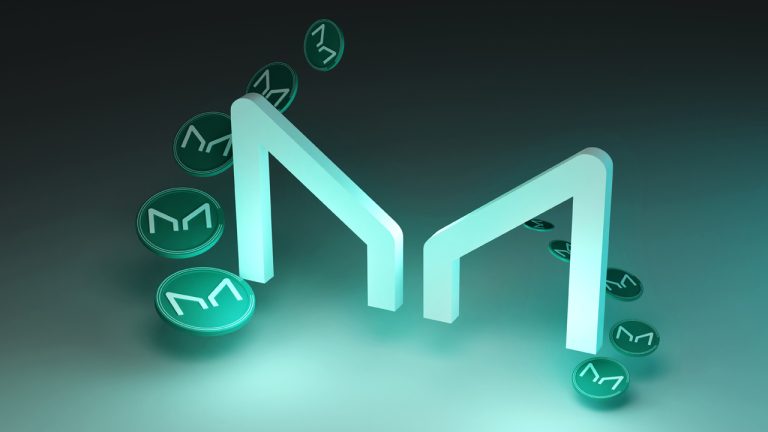
Despite its libertarian reputation, author and podcaster Joshua Dávila, aka The Blockchain Socialist, believes crypto is for everyone — including the Left.
Crypto has been the subject of much criticism from those on the political Left, many of whom see cryptocurrencies like Bitcoin (BTC) as being associated with libertarian or right-wing ideas. One common perception is that cryptocurrencies and other blockchain-based technologies, such as nonfungible tokens (NFTs), exist for the primary purpose of concentrating wealth, scamming investors and otherwise replicating existing financial and power structures — just in a more unregulated manner.
On Episode 16 of The Agenda podcast, hosts Ray Salmond and Jonathan DeYoung chat with author and podcaster Joshua Dávila, host of The Blockchain Socialist podcast and author of the new book Blockchain Radicals: How Capitalism Ruined Crypto and How to Fix It. Dávila is critical of the capitalistic tendencies of much of the crypto space and offers up an alternative informed by his perspective as a self-described “socialism maxi.”

“Capitalism ruined crypto”
Dávila acknowledged that there is a fundamental capitalistic mentality within most of crypto, saying the space has been “heavily influenced by kind of, I would say, more right-leaning libertarian thought, which includes a lot of, let’s say, support for capitalistic structures, for free markets and for all these things.”
This is reflected at a core level within the consensus mechanisms of most blockchains, which tend to rely on profit-seeking and asset accumulation to incentivize validators, he argued. “If there was no reason to accumulate profits or wealth in our society, then blockchains would crumble because that’s the way that they’re designed.”
Related: Mutual aid, DAOs and activism: The Agenda podcast chats with PactDAO co-founder Marisa Rando
Dávila pointed to venture capitalists, in particular, as a negative influence on crypto. He believes that while there were a lot of interesting experiments in the early days of crypto, the influx of venture capital has brought with it the expectation of massive returns for investors, which just ends up replicating the traditional economic order.
“If there is no protection or some reason stopping them from coming in, of course they’re going to come in, and they’re going to ruin things because that’s like the modus operandi of what they do.”
What’s the alternative?
There are many applications for cryptocurrency and blockchain that don’t fall within the existing socio-economic order, argued Dávila, who pointed to alternative chains such as Cosmos as examples of the way that a blockchain’s design can influence its social implications.
He gave the example of a 2022 incident on Juno, a part of the Cosmos network, in which the community voted to “expropriate” $35 million worth of airdropped JUNO tokens from a wallet that had allegedly managed to receive more tokens than it was supposed to. “They have very clear on-chain governance directly for the chain itself that had obvious sociopolitical consequences,” he said. “They would not have been able to do that if this was Bitcoin.”
For Dávila, that is a good thing: “Ultimately, we are the creators of our destiny, so we should embrace that fact and implement that in technological code the best we can.”
As for his broader dreams for the crypto and tech landscape, Dávila said he would love to see “the creation of applications that allow for collective ownership of digital infrastructure.”
“They [Web3 founders] need to create something that is different, that specifically gets at the root of the problem, which I think is how we own things and how we govern those things, and recognizing that our resources should be shared in common rather than completely privatized by whatever next billionaire comes up with another Big Tech company.”
To hear more from Dávila’s conversation with The Agenda, listen to the full episode on Cointelegraph’s Podcasts page, Apple Podcasts or Spotify. And don’t forget to check out Cointelegraph’s full lineup of other shows!
Magazine: Tokenizing music royalties as NFTs could help the next Taylor Swift
This article is for general information purposes and is not intended to be and should not be taken as legal or investment advice. The views, thoughts, and opinions expressed here are the author’s alone and do not necessarily reflect or represent the views and opinions of Cointelegraph.







